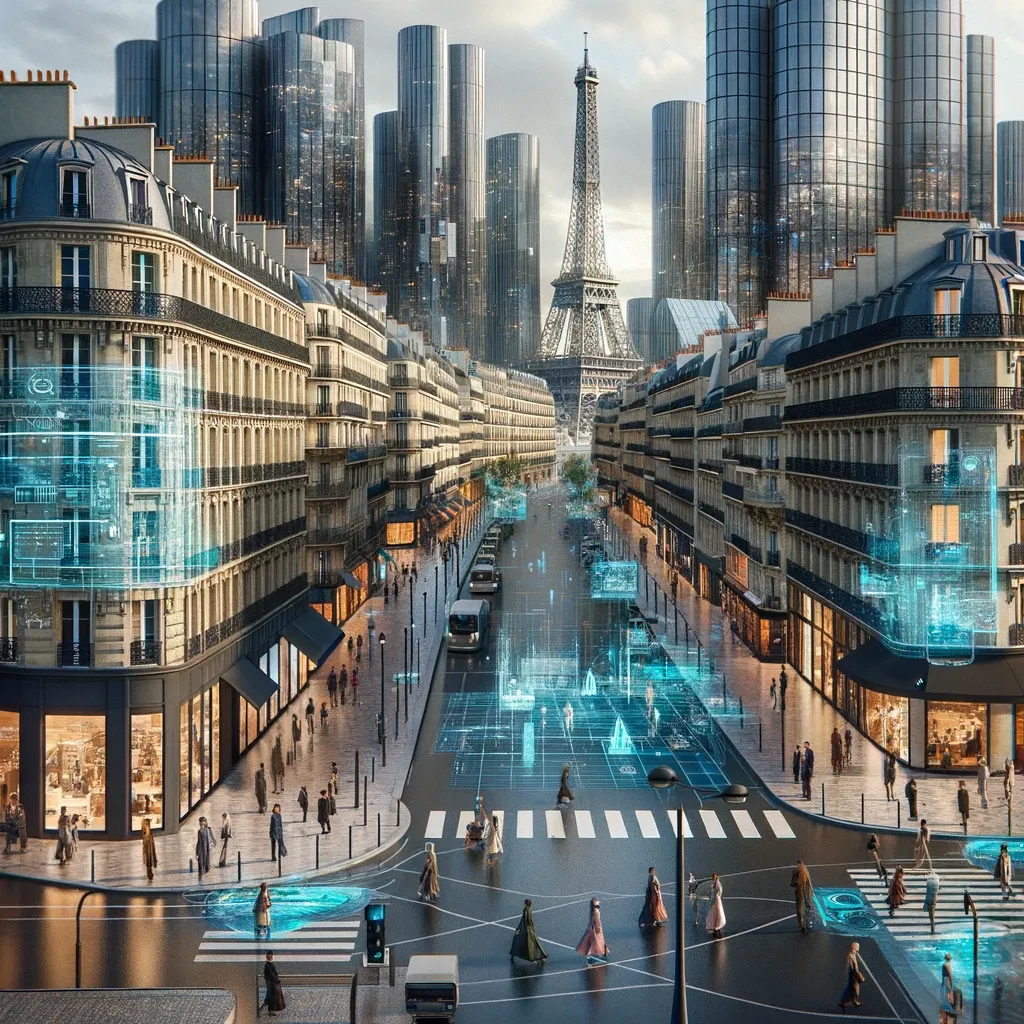Big Paris, a gentrification agent on the fast track

This material is offered to you. To read this article for free, please register. The article is available only to subscribers.
A large urban renewal project
which is set to be completed by 2030, is contributing to a change in the social composition at an intensity previously unattainable in France.
A lot of time was spent.
To understand what the Grand Paris is. For many years, this phrase practically meant nothing more than a vast transportation network that was supposed to reshape Île-de-France, four lines that now surround the capital, and 68 stations that they are expected to serve by 2030.




- Originally conceived by the Île-de-France region and the Paris mayor's office, which were at that time led by socialists, it aimed to redistribute activity in favor of municipalities in the east and involve the Île-de-France area in the process of energy transformation.
- Nicolas Sarkozy became interested in this in 2007 when he was elected President of the Republic.
- He wanted to use it as a lever to attract capital in the competition between cities on a global scale.
- But the project materialized during François Hollande's presidency, with the creation of the Greater Paris Metropolis in 2016.
Subprime crisis
Dried-up state finances, real estate that has become a target for speculation; the Communist Party is yielding its strongholds to teams from the right or peaceful left with marketing; new administrative levels, such as the metropolis and territorial public institutions for inter-municipal cooperation (for example, the Eastern Union and the Commune of Plaine, in Saint-Denis) contribute to political logics and erode popular representation in decision-making. These factors contribute to the formation of Greater Paris, this magmatic entity that has taken shape in recent years: 182 "urban parts" that have emerged around stations, mainly in the eastern part of the capital, in the poorest neighborhoods.
Construction of tens of thousands of residential buildings
Mainly private, the influx of new residents with a higher income level than the local population attracts new shops and new types of activities, which in turn attracts new real estate... The prospect of seeing these neighborhoods directly connected to Paris and the entire nearby suburbs fuels an intense gentrification process that has no parallels in France.
Comment
Popular Posts
Popular Offers

Subscribe to the newsletter from Hatamatata.com!
Subscribe to the newsletter from Hatamatata.com!
I agree to the processing of personal data and confidentiality rules of Hatamatata




